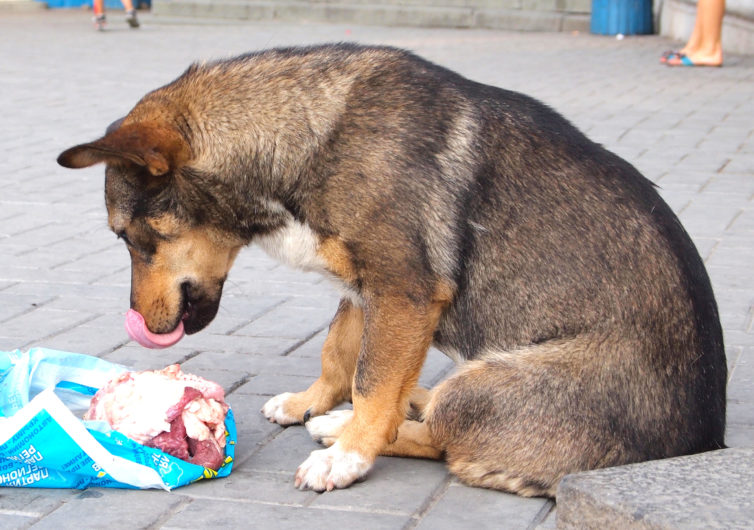Author Archives: rara
Is your dog your best friend? Let’s see; they are happy to see us when we get home; they don’t talk back (not too much, anyway), and they love us unconditionally. It doesn’t matter who we are, what we do, or how we look. Plus they keep us warm at night. What more could you want in a best friend?
Now that we’ve determined that your everyday house dog could easily be our best friend, think about those animals that stay by their owners side every minute, helping them to see, helping them to hear, or understanding that a seizure is coming on; to name just a few. These dogs protect and take care of us as much as we take care of them. They are service dogs; or, helper dogs. And of course, there are police dogs that spend their days protecting their owner. These are remarkable animals.
Read about Indoor Dog Potty Reviews
Additionally, there are dogs that are simply your companion or the family pet. That is until they are needed to go to work. These are your search and rescue dogs. They are trained to search for missing people as well as recover those lost in a drowning or other disaster. Earthquakes, an avalanche or rock slide, homes and buildings collapsing from the force of a hurricane or tornado, are just a few disasters these dogs are trained for.
Search and rescue dogs work as a team with their volunteer handlers. The handler raises the dog and is responsible for all aspects of his training. Specific traits are required to be a search and rescue (SAR) dog. Any medium to large breed can do the job, but it’s the dog’s personality that is most important. The dogs are evaluated for their temperament; they must be friendly; they must be eager to please; and they must be obedient and attentive. They also must enjoy tracking and be able to concentrate on following a scent. To the dog it’s a game, and as long as they are praised or rewarded, they are happy to keep searching.
Training for search and rescue (SAR) dogs is extensive, taking about 600 hours before they are field ready. Handlers’ training takes 1000 hours. Training of the dogs varies depending on how they respond, and progresses at different rates. Their reaction to the training and the reward varies too. The dogs are trained for specific types of searches.
With their keen sense of smell, 40 times that of humans, dogs are able to find victims both on the ground and in the water. Air-scenting dogs are used to find missing people, as they are able to pick up human scent that is drifting in the air. They work off a lead with their heads up and are valuable for searches in collapsed buildings and finding victims of drowning. They look for people that aren’t tracked from one point to another. Tracking dogs follow the scent trail left by a human being that has passed along a certain route; they don’t rely on air scent. The trailing dog is trained to find a specific person. They are given something that belongs to the missing person, such as a piece of clothing. They work on-lead and follow the scent trail wherever it leads, even if it is mixed with other scents.
The Bloodhound is particularly good as a trailing dog because their long ears and loose facial skin trap scents right by their noses. Bloodhounds can sometimes follow trails that are a week old, whereas other dogs must be at the scene within hours. Disaster dogs are trained largely for searches of missing people due to tornadoes, hurricanes, earthquakes or anything else that causes a structure to collapse. They are taught to work on unsteady surfaces and to navigate in small places.
A cadaver dog is trained specifically for finding the scent of dead humans. Water search dogs are able to capture scent on or underneath the water. They will frequently work with their handler on a boat. There are dogs specifically trained to search for victims of an avalanche. When the dog locates the victim, they alert both the victim and their handler before proceeding to help dig out the victim. Dogs can pick up a scent up to 15 feet beneath the snow.
When a dog searches for a missing person, he is given an article of clothing, or another item with the person’s scent. If a family member joins in the search, the dog may be unable to discern the difference between the missing person and the family member. This is because family members have similar scents. It is best to let the dog search the area before anyone else goes near it.
Search and rescue dogs are trained to find live humans and if no survivors are found, the dogs may actually become discouraged. This may be due to the fact that the dog is so attuned to their handler’s mood. Also, when they find someone alive, their reward comes in the form of the feedback they receive. After all, the reason the dog does his job is to get the reward; and finding a survivor is the ultimate reward.


